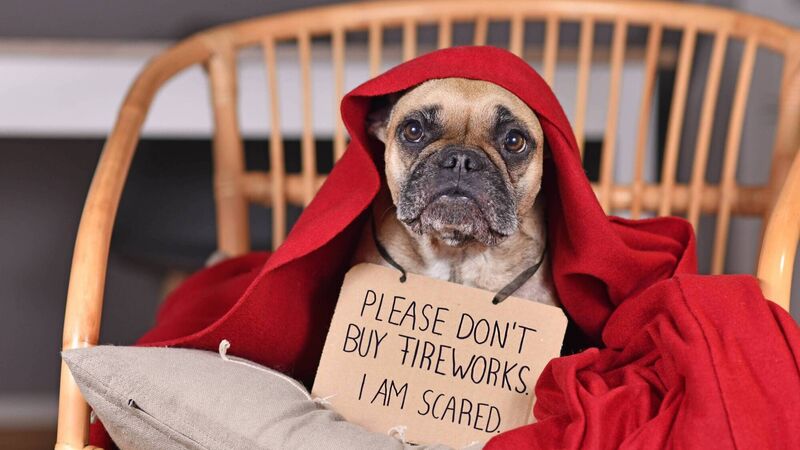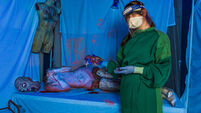How to protect your pet this Halloween

Pete the Vet: There’s no doubt that some dogs are genetically more reactive than others, making them more likely to develop fears and phobias.
Halloween is a time of year that many pet owners dread. The problem starts in early October, with the first bangs and squeals of fireworks.










